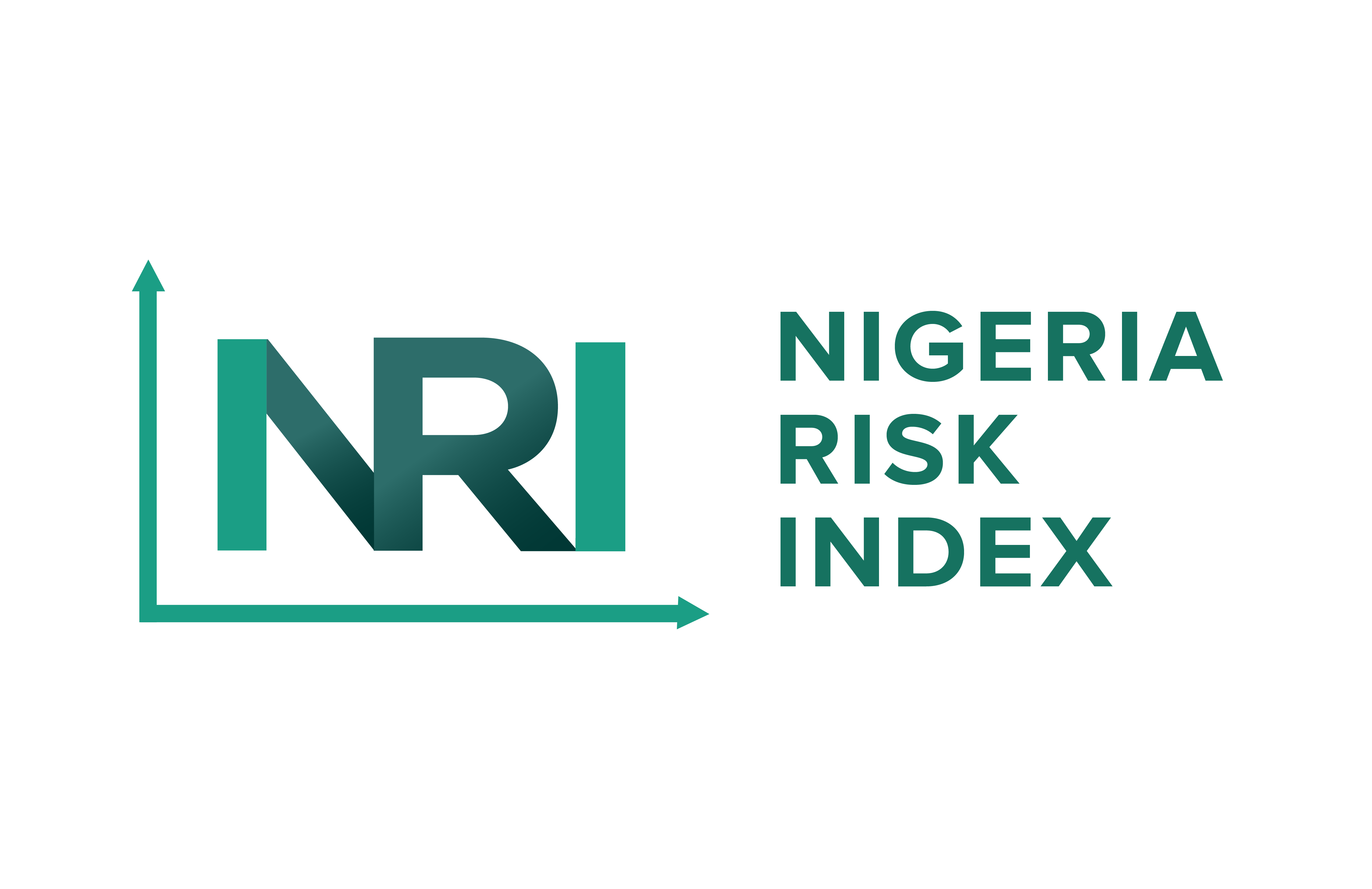Insights
On 31 October 2025, the White House said Nigeria would be redesignated a Country of Particular Concern (CPC) under America’s International Religious Freedom Act, opening the door to targeted sanctions and aid restrictions. The announcement arrived alongside combative rhetoric about the “killing of Christians” and even talk of possible U.S. military action. Abuja pushed back immediately, calling the charge misleading and insisting violence is complex and not driven solely by religion.
“Both Christians and Muslims have been victims of violence… driven more by geography and longstanding conflicts than by religion.”
Is it genocide?
The UN Genocide Convention standard turns on specific intent to destroy a group “in whole or in part.” Though Nigeria’s violence is horrendous, Boko Haram/ISWAP atrocities, rural banditry, farmer–herder conflicts, communal reprisals, but the national pattern does not demonstrate state policy or a systematic campaign to exterminate Christians as a group. Attacks frequently target whoever is accessible: villagers on market day, travellers on highways, entire communities locked in land-use feuds, and clerics of both faiths.
That is why even when Washington tightens pressure, its own advisory machinery tends to speak of “particularly severe violations of religious freedom,” not genocide. The U.S. Commission on International Religious Freedom (USCIRF) has for years urged a CPC label for Nigeria, citing impunity, blasphemy prosecutions, and mass-casualty attacks, serious concerns, but analytically distinct from an established genocide finding.
Bishop Matthew Kukah warned Nigeria is “reaching a breaking point,” but did not claim a state-driven genocide. (USCIRF country update). Recently the respected Bishop stated that “Redesignating Nigeria a Country of Concern will only make our work in the area of dialogue among religious leaders even harder…what Nigeria needs now is vigilance and partnership, not punishment.”
What the data (and cautions) suggest
Faith-based monitors (e.g., Open Doors) and Nigerian civil-society groups have published tallies indicating very high Christian casualties since 2009; others stress heavy Muslim death tolls across the northeast and northwest. Counting is messy; motives are mixed; labels are contested. The common thread is a failure of protection and justice, not a single ideological campaign of extermination.
Why is the U.S. moving now
There are three overlapping drivers that may be responsible for this:
1. Domestic politics & constituency signaling. U.S. legislators and advocacy organisations on the Christian right have campaigned hard on Nigeria, pressing the administration to restore CPC and threatening new legislation to mandate sanctions. The timing right before and after 31 October, reflects that pressure cycle.
2. Bureaucratic continuity. USCIRF’s 2025 report again recommended CPC for Nigeria, citing impunity, attacks by jihadist groups, and blasphemy cases. Successive administrations have oscillated - CPC in 2020, removed in 2021, now re-imposed in 2025 - but the advisory drumbeat never really stopped.
3. Strategic leverage after Niger. With U.S. force posture unsettled in the Sahel, Abuja’s cooperation on counter-insurgency matters more. A CPC label is also leverage: it threatens visa bans and aid conditions to extract policy concessions without deploying troops. (Note: senior officials have floated- then rowed back- talk of kinetic options.)
The “genocide” language - politics over precision
U.S. officials and surrogates sometimes use “genocide” as a mobilising metaphor. It travels well in U.S. media, sits comfortably with domestic culture-war narratives, and simplifies Nigeria’s messy security mosaic into a moral binary. That framing helps pass bills and rally donors; it does not map neatly onto field realities in Zamfara, Plateau, Benue, Borno or Kaduna.
“Claims of widespread Christian genocide lack supporting data,” noted one wire report amid the week’s political noise.
Nigeria’s rebuttal, that religion is not the sole driver, is broadly accurate. But Abuja exposes itself by under-investigating massacres, allowing suspects to melt away, and by letting blasphemy cases (including death sentences by lower courts) stand until higher courts intervene. Those files allow Washington to say Nigeria “tolerates” severe violations - exactly the CPC threshold.
Who gains, who loses
- Winners in Washington: lawmakers courting evangelical voters; advocacy groups that can point to a policy “win”; agencies seeking sticks, not just carrots, in Sahel policy.
- Losers in Abuja: foreign-ministry diplomats who must now fend off sanctions talk and defend governors or police commanders named in Hill drafts. Nigerian industry could face de-risking by U.S. partners if the CPC label is bundled with human-rights due-diligence clauses.
- Civilians in the line of fire: the designation changes little on the ground unless it catalyses better policing, rapid prosecutions, and victim support. There is no evidence that loose “genocide” talk, by itself, saves lives.
What Could Truly Make a Difference
For Abuja
- Take ownership of the data. Regularly publish detailed, state-by-state dashboards that track all victims, regardless of faith or background, and include stats on prosecutions and case progress.
- End impunity. Establish special courts for violent crimes in the hardest-hit regions, accelerate terrorism-financing trials, and assess the effectiveness of state policing, especially response times.
- Reform blasphemy laws. Issue federal guidance to help state courts and prosecutors avoid religious-freedom violations, ensuring penal codes align with constitutional protections.
For Washington
- Sanction with precision. If sanctions are necessary, focus them on those responsible for mass violence and justice obstruction - avoid harming broader humanitarian aid.
- Invest in real protection. Prioritize funding for grassroots early-warning systems, rural security, and compensation for victims across all faiths, rather than symbolic gestures.
- Use words wisely. Only label events as “genocide” when the evidence meets the threshold; otherwise, speak clearly about mass atrocities and violations of religious freedom.
Bottom line
Nigeria’s crisis is brutal and intolerable. Christians have been killed in large numbers, so have Muslims. The pattern looks like state weakness and criminal/jihadist predation, not a government-led or nationwide campaign to destroy Christians as a group. Washington’s CPC move is best read as a mix of principled concern, domestic politics, and policy leverage. Treat the label as a warning shot on impunity and blasphemy laws, not as proof of genocide.
“The situation is complex and not solely based on religious targeting,” one summary had it this weekend. That, at least, is true.

The Risk Control Team
Related Blog Posts
- GENOCIDE OF CHRISTIANS – IS NIGERIA GUILTY AS CHARGED?
- Is Nigeria under President Tinubu’s Administration, Finally Controlling Its Economic Risks?
- Northern Nigeria’s Peace Deals With Bandits: Truce or Time Bomb?
- The Dangote-Transporters Impasse: A Clash of Modernisation and Tradition
- Nigeria’s Mandatory Taxpayer Identification Number (TIN)Policy
